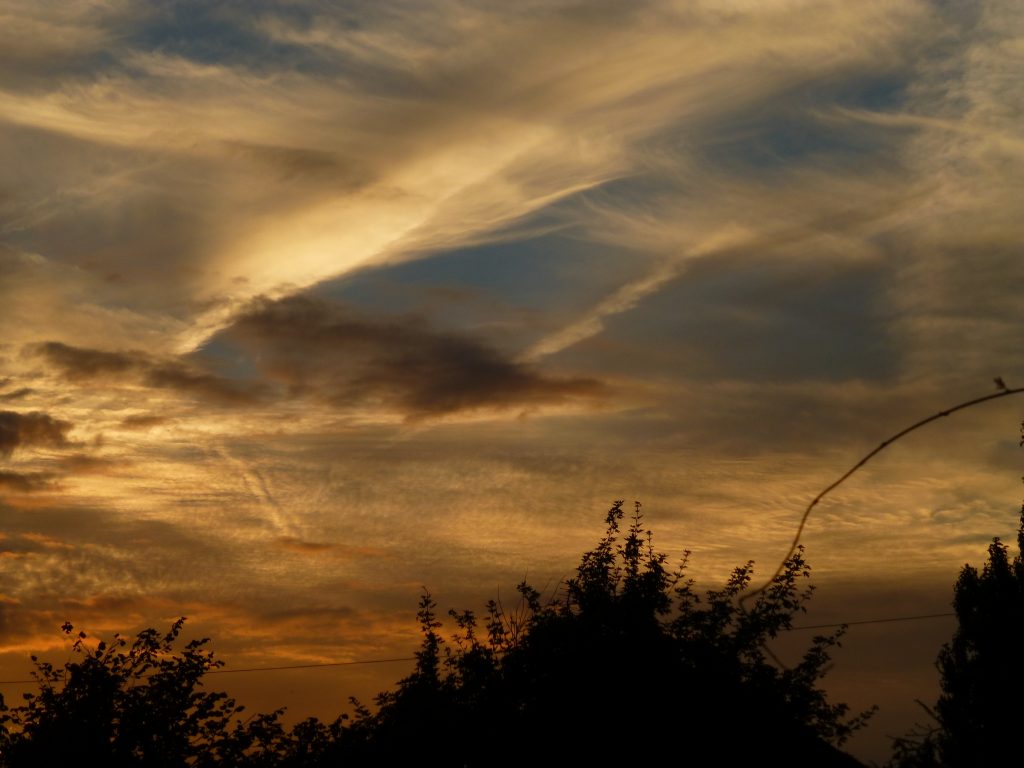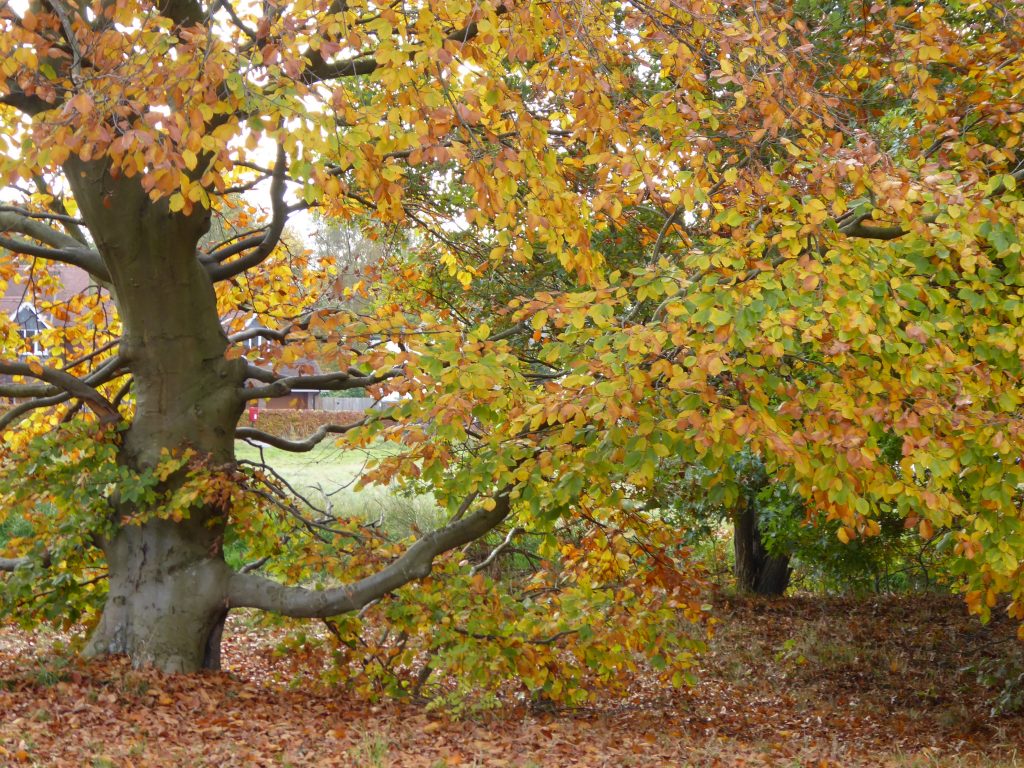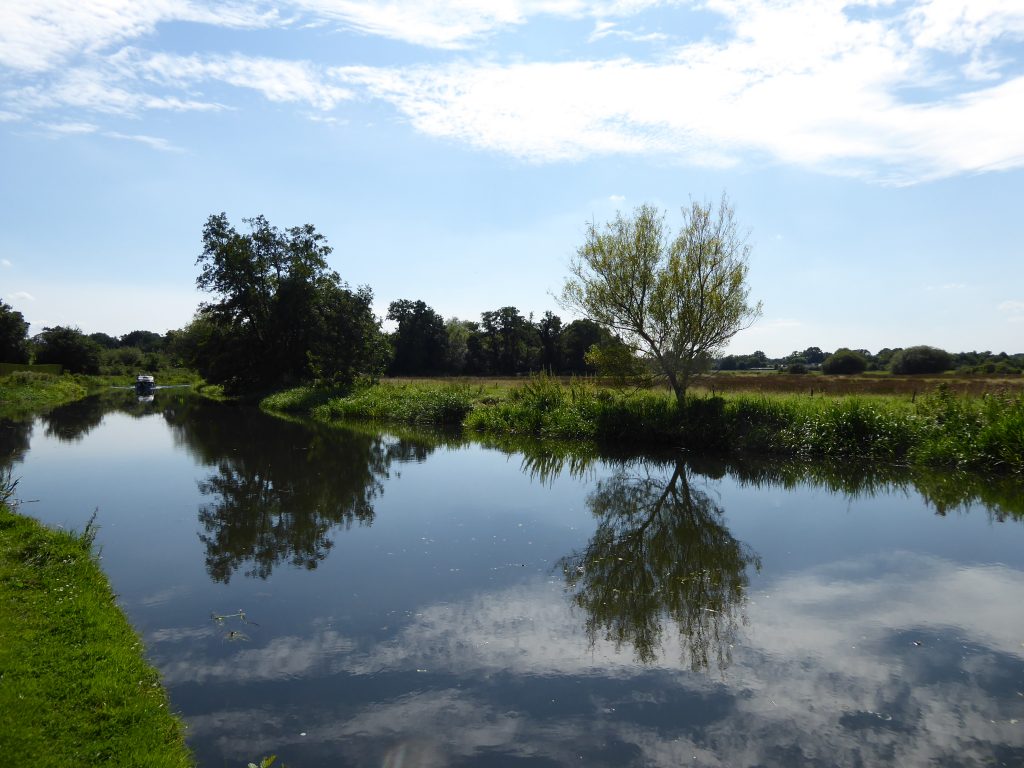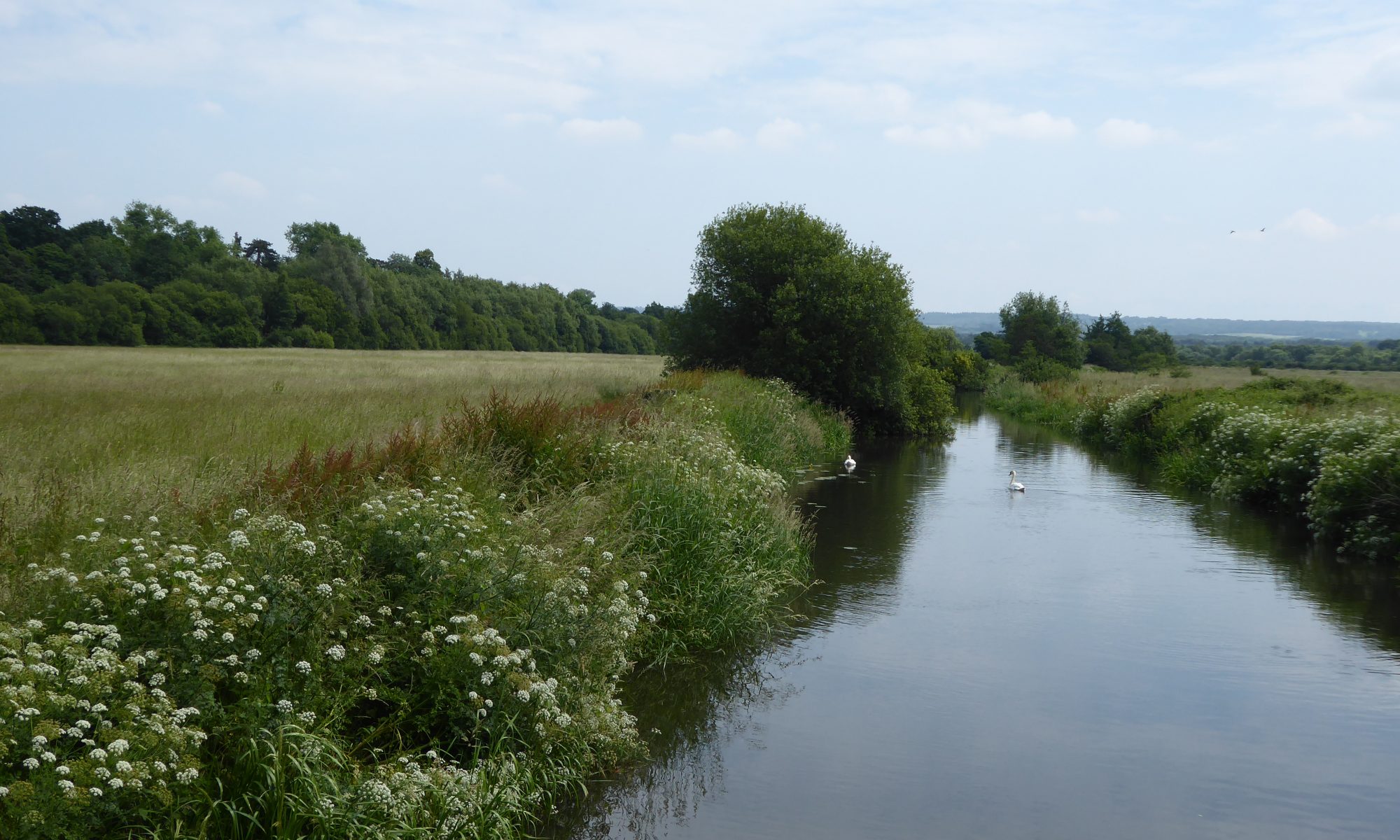
There are very serious problems in the natural world at this time in our history and I am forever reading depressing reports on various different species of how they and their habitats are declining. I have seen this with my own eyes over 40 plus years of observing wildlife in the UK and still cast my mind back to memories of childhood sightings that would be impossible to imagine in today’s world. I live in hope that things can change and we can redress the balance very soon before we lose any more valuable biodiversity.
In amongst all of the depressing news a few species have reversed the trends and actually increased their numbers and a number of species have established themselves in UK from continental Europe. Since 1990 seven new species of dragonfly have been recorded in the UK which is quite a lot in a short space of time.
So why have some species been able to increase in such troubled times? There are many answers to this question and impossible to fully
here but a number of the reasons can be seen and felt on a daily basis right here in Surrey. As in everything I write about nature and the environment, the weather is at the root of many of the changes.
The above mentioned dragonflies species are among a number of species that are regular breeding species in central and southern Europe and with the rising temperatures that we have been experiencing in the UK over the last 30 years it is not that surprising that these insects have colonised the UK. These heat loving insects have been joined by a number of other continental regulars. Butterflies are another good indicator group into how the temperature is warming up with the Clouded Yellow being a good example of this. Once a very erratic migrant species arriving in tiny numbers if at all or on mass over southern England this species never used to be able to survive the UK winters and perished with the cold. In recent years they have now become resident on the south coast and survive the winters and can have 2 broods each year!

Things have moved fast in the last 30 years. There are numerous insects that have benefited from the warmer climate and some species that were on the edge of their range have spread greatly, the impressive Golden-bloomed Grey Long Horn beetle and Jersey Tiger moth are 2 very impressive examples.
Insects are not the only group of animals that have done well because of the changing weather patterns and again I can remember over 30 years ago the afternoon that I saw my first ever Little egret. The first breeding record for the UK occurred in 1996 and there are now nearly 1000 pairs breeding in this country! The other winter a flock of 7 were seen in the water meadows on the edge of Guildford and it is not uncommon to see them around the county.
In general it is quite obvious to see that the warmer climate has encouraged a number of new species to the country and extended the range of others but that is not the whole story. This point really hit me five years ago when one sunny late July afternoon I watched a farmer cut hay on a field on the edge of Cranleigh. In the sky above were 3 Red Kites and 2 Common Buzzard and I recall jokingly recall saying that I felt like I was in Wales not south Surrey. Both of these species have increased populations greatly in the UK particularly over the last 25 years but the reasons for their increases are very different. The story of Red Kites in the UK has been well documented and from the first English reintroductions in 1989 this species has managed to spread out and it now can be frequently seen all over Surrey. The human intervention has undoubtedly helped this species recolonise various parts of its former range. The Common Buzzard spread from south west Britain all along the southern counties then northwards and is now found all over the UK. This species has managed to spread by filling gaps in the food chain and has greatly benefited from fewer gamekeepers and a reduction in the levels of specific insecticides.
Gamekeepering is always a controversial subject and one that will forever be argued but the evidence conclusively proves that the activity of game keepers in the past has had a detrimental effect on birds of prey numbers in the UK. Buzzards have shown that through lack of persecution they can survive and prosper although there are gamekeepers and some farmers that are now calling for licenses to be issued to control Buzzard numbers. I hope this kind of mentality does not become widespread again for the sake of all predatory species that suffered unjustifiably in the past.
We have seen a few examples of how species have and can prosper and the bottom line is that humanity has caused our wildlife to become depleted. Some of the examples discussed have shown how global warming has caused some species to become regular British species. The effects of this warming has encouraged warmth loving species but let’s not forget that it will have the opposite affect on cold loving species such as several fish and seabird species. It’s a complicated issue and time for some serious action to help our struggling wildlife. Nature is adaptable and can survive, it just needs a helping hand with some sensible management. We shall see what happens in the coming years. I’m hopeful that government will finally start taking our wildlife and environment more seriously.

Francis
